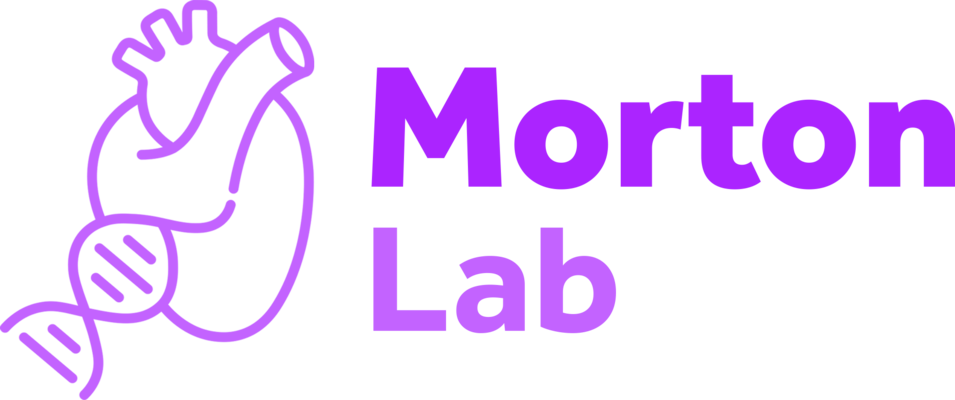Abstract
Congenital heart disease (CHD) is a leading cause of infant mortality. We analyzed de novo mutations (DNMs) and very rare transmitted/unphased damaging variants in 248 prespecified genes in 11,555 CHD probands. The results identified 60 genes with a significant burden of heterozygous damaging variants. Variants in these genes accounted for CHD in 10.1% of probands with similar contributions from de novo and transmitted variants in parent-offspring trios that showed incomplete penetrance. DNMs in these genes accounted for 58% of the signal from DNMs. Thirty-three genes were linked to a single CHD subtype while 12 genes were associated with 2 to 4 subtypes. Seven genes were only associated with isolated CHD, while 37 were associated with 1 or more extracardiac abnormalities. Genes selectively expressed in the cardiomyocyte lineage were associated with isolated CHD, while those widely expressed in the brain were also associated with neurodevelopmental delay (NDD). Missense variants introducing or removing cysteines in epidermal growth factor (EGF)-like domains of NOTCH1 were enriched in tetralogy of Fallot and conotruncal defects, unlike the broader CHD spectrum seen with loss of function variants. Transmitted damaging missense variants in MYH6 were enriched in multiple CHD phenotypes and account for 1% of all probands. Probands with characteristic mutations causing syndromic CHD were frequently not diagnosed clinically, often due to missing cardinal phenotypes. CHD genes that were positively or negatively associated with development of NDD suggest clinical value of genetic testing. These findings expand the understanding of CHD genetics and support the use of molecular diagnostics in CHD.

